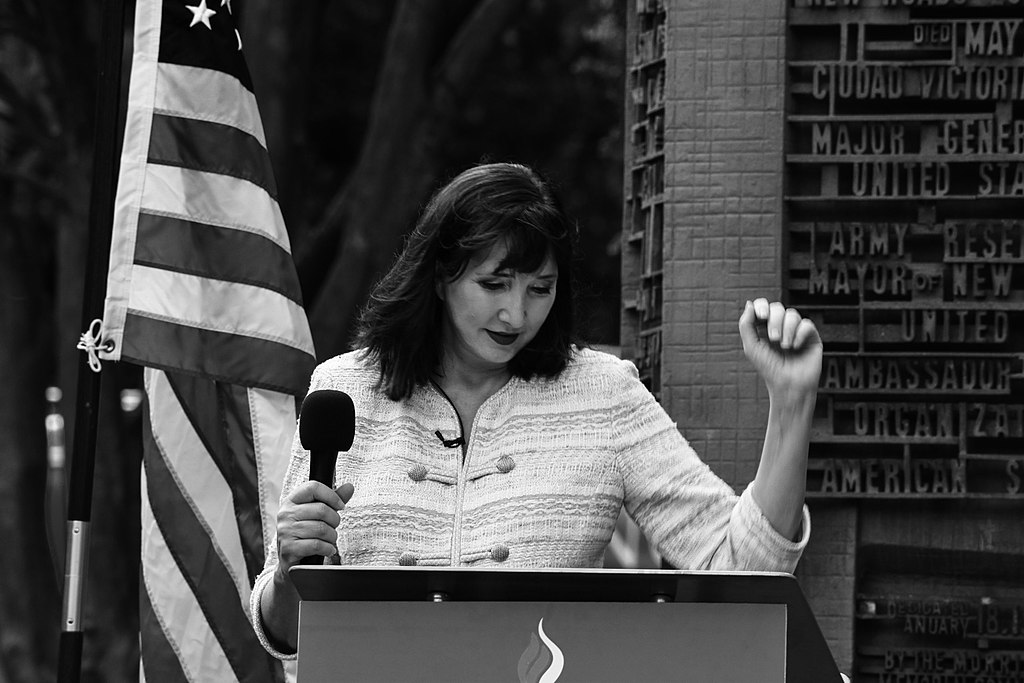During the 2020 Presidential campaign, a statement by the Libertarian candidate, Jo Jorgensen, echoed across media channels and resonated with many: “It is not enough to not be a racist. We must be actively anti-racist.” This proclamation wasn’t just a political stance. It was an urgent call to action and a profound insight into the heart of what true tolerance means.
Tolerance, as a concept, often conjures up the idea of passively accepting or enduring differing viewpoints or practices without interference. However, in the context of societal issues like racism, this definition seems insufficient. Racism isn’t just a differing viewpoint; it’s an oppressive system that marginalizes and harms its victims. In this light, tolerance must evolve beyond passive acceptance.
Being actively anti-racist means stepping up and voicing your disapproval when intolerance rears its head, especially in our personal spheres. It’s more than just not participating in prejudiced conversations; it’s about setting clear boundaries with those around you. People who interact with you should know that derogatory slurs like the N or F word have no place in your presence. It’s about creating an environment where racial, gender, and sexual minorities feel safe, respected, and protected.
Jorgensen’s statement reflects a deeper, more active understanding of tolerance. It suggests that it’s not enough to merely refrain from racist actions or beliefs. True tolerance demands action. It demands that we stand against systems and ideologies that promote intolerance.
In the broader sphere of society, embracing true tolerance means we rally against bigotry, challenge racial prejudices, and dismantle systemic discrimination. But it’s also about the subtle everyday actions – calling out a friend’s prejudiced joke, educating oneself about other cultures, or amplifying marginalized voices.
The ethos of Let.Live revolves around the principles of consent and, indeed, tolerance. But here’s an essential truth: A truly tolerant society will not – and should not – tolerate intolerance. This might sound paradoxical, but when you consider the harms that intolerance inflicts, it’s a logical stance. To tolerate intolerance is to allow the very antithesis of freedom and equity to grow and fester.
Being ‘not racist’ is a passive state, and while it’s necessary, it’s not sufficient. Being actively anti-racist is a commitment to challenge, change, and champion a world where every individual is judged not by their skin color but by their character and actions.
Jo Jorgensen’s call to be “actively anti-racist” wasn’t just a campaign message. It’s a lifelong mission, and it’s at the core of what it means to truly value tolerance in our society.
To build a world of true tolerance, we must continuously stand against the shadows of intolerance. Only then can we hope to create a society where every individual thrives in the radiant light of freedom, equity, and mutual respect.

Comments are closed